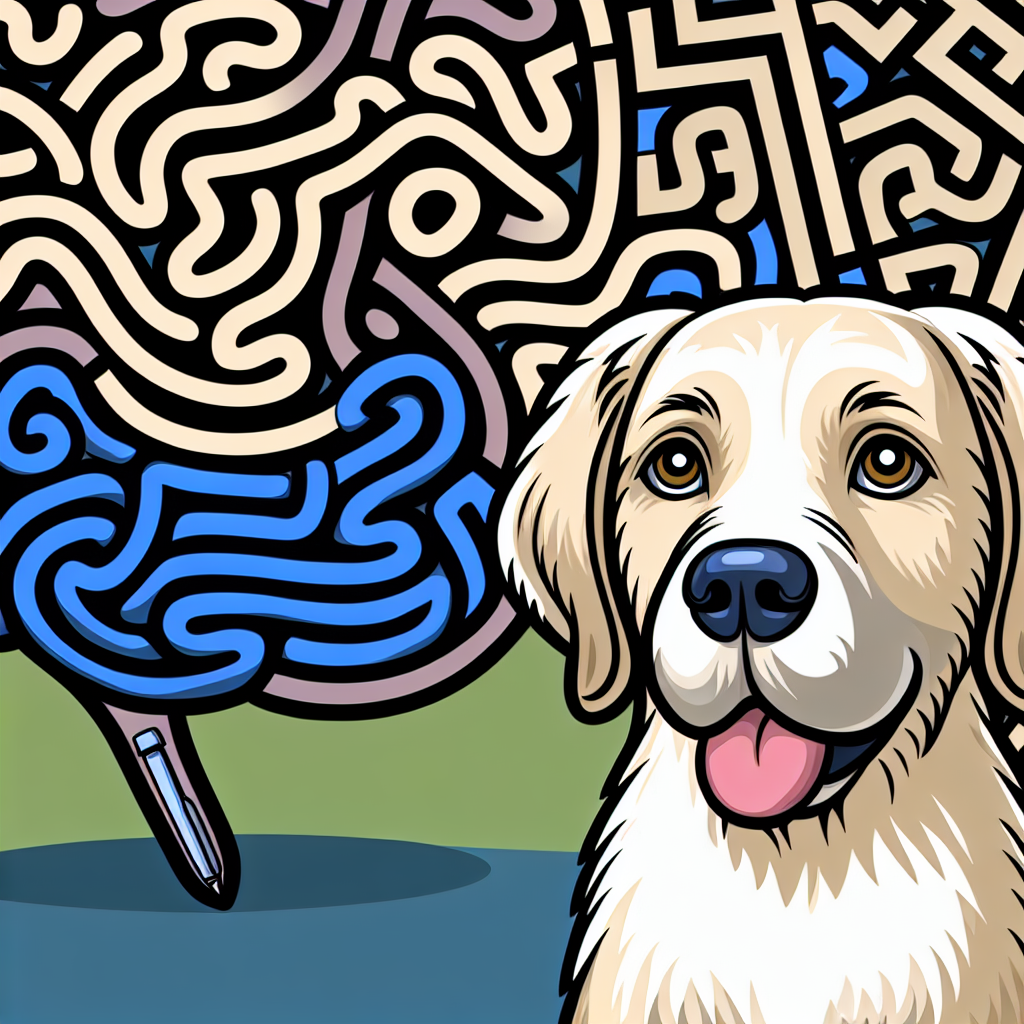
Dogs: Understanding the Depths of their Cognitive Abilities
The cognitive abilities of dogs have always intrigued scientists and pet owners alike. Recent research shows that our furry friends have a much deeper understanding of their surroundings than previously thought. This presents an opportunity to explore how these abilities can impact their health and well-being.
Understanding Dogs’ Cognitive Abilities
A recent study has demonstrated that dogs can categorize toys by function, not just appearance. This ability to link labels like ‘fetch’ and ‘pull’ to toys, even those they’ve never seen before, suggests that they possess mental concepts of objects similar to humans (Science Daily.)
These findings highlight the complex brain functions in dogs, underscoring tasks such as problem-solving, memory, and learning. This cognitive sophistication is crucial not just for understanding their actions but also for improving their quality of life through targeted mental stimulation exercises.
Cognitive Benefits and Pet Health
Enhancing dogs’ cognitive abilities is not just academic; it has real-world applications in improving their health. Engaging dogs in activities that challenge their mental acuity can prevent cognitive decline, much like in humans. This can involve simple tasks, such as varying walking routes or introducing new toys that require them to think and adapt.
Behavioral Insights: What Owners Need to Know
As pet owners, understanding these insights can help shape our interactions with dogs. For instance, knowing that dogs can differentiate between tasks and adapt their behavior accordingly means trainers can design more effective programs that cater to skills like problem-solving, rather than relying solely on basic obedience.
Furthermore, these cognitive insights prove essential when addressing behavioral issues. Understanding the root cause, be it anxiety or boredom, and addressing it through mental stimulation can significantly improve a pet’s well-being.
- Interactive Puzzles: Toys that offer treats when solved boost problem-solving skills.
- Training Drills: Introducing complex commands that require dogs to think through the task.
- Social Exposure: Regular playdates that allow dogs to learn and adapt to new social cues.
The Broader Implications
Beyond individual pet care, these studies encourage a rethink in community and shelter practices. Dogs with demonstrated cognitive skills are more likely to be adopted as they can foster stronger human bonds. Shelters may benefit from incorporating cognitive evaluation as part of their assessment process, giving them a competitive edge in understanding and communicating a dog’s capabilities to potential owners.
As science continues to unravel the mysteries of canine cognition, the scope for enhancing pet health through cognitive care expands. This integration of research into everyday practices is essential for promoting the holistic well-being of pets, ensuring that they live not only longer, but also happier and more fulfilled lives.
With further research and an adaptable approach, dog owners can massively impact their pets’ quality of life, making them healthier, more responsive, and perhaps even happier.




